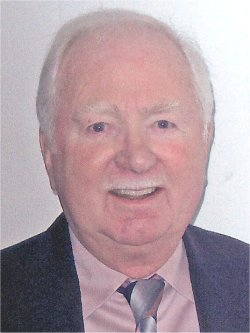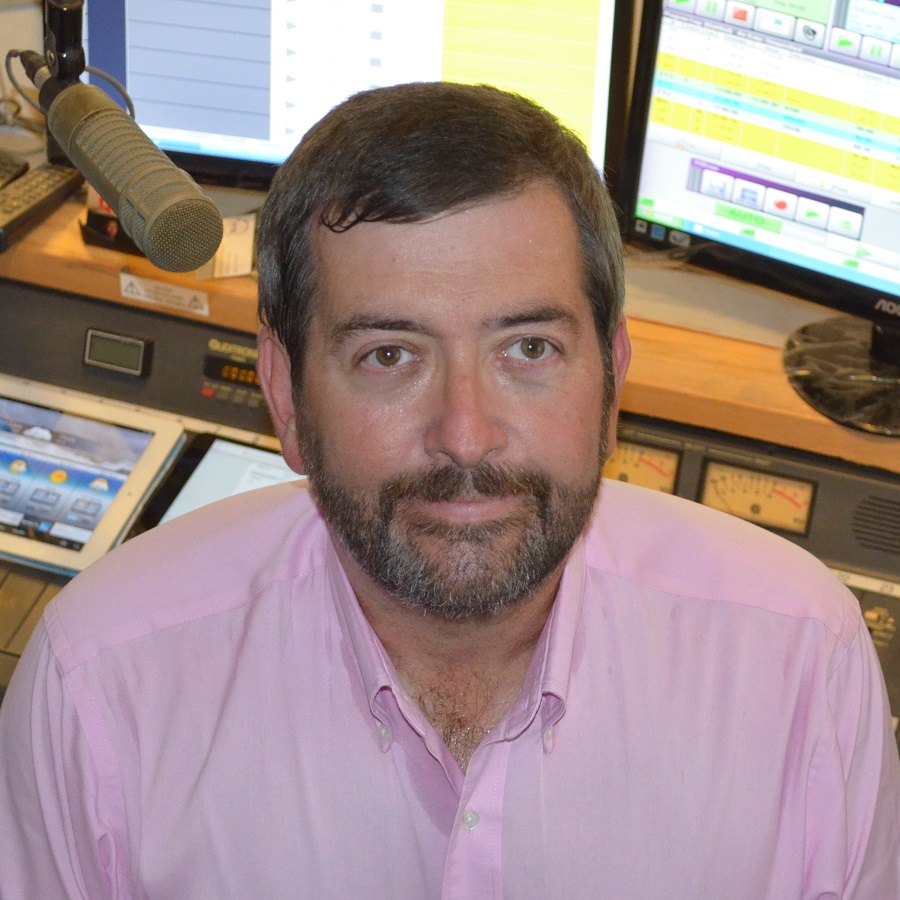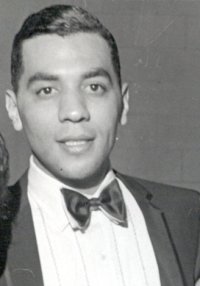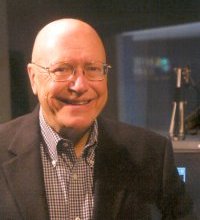Radio HOF
Oelke, John

John Oelke – Legacy
John Oelke began his broadcast engineering career here when was hired as vacation relief in 1961 by the St. Louis Pulitzer broadcast operation.
In 1974 he was promoted to manager of engineering for KSD Radio. When the station was sold two years later, he took on additional duties for sister station KSD-FM, essentially becoming the company’s chief engineer. He built new studios, then repeated that task for WRTH.
In 1984 Oelke became KSHE’s chief engineer, where he designed and built the station’s studios, transmitting facility and offices.
After his “retirement” in 1996, John Oelke became site manager for St. Louis’ community broadcasting tower, which was shared by 10 FM stations, a digital TV antenna and several low-power TV stations.




